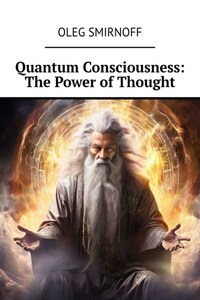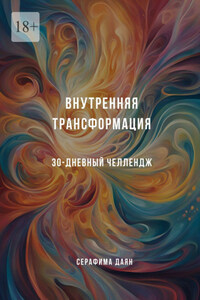Quantum Consciousness: The Power of Thought

О книге
Consciousness and quantum reality are a dance of two worlds. Consciousness is not just a collection of thoughts, emotions and impressions. This is something deeper, fundamental, defining our essence and perception of the world. Consciousness is the key to understanding who we are. But what if our reality is closely related to quantum reality, the world of tiny particles governed by the laws of quantum mechanics? Modern research connects these two worlds, revealing amazing relationships.
Автор
Вам будет интересно







